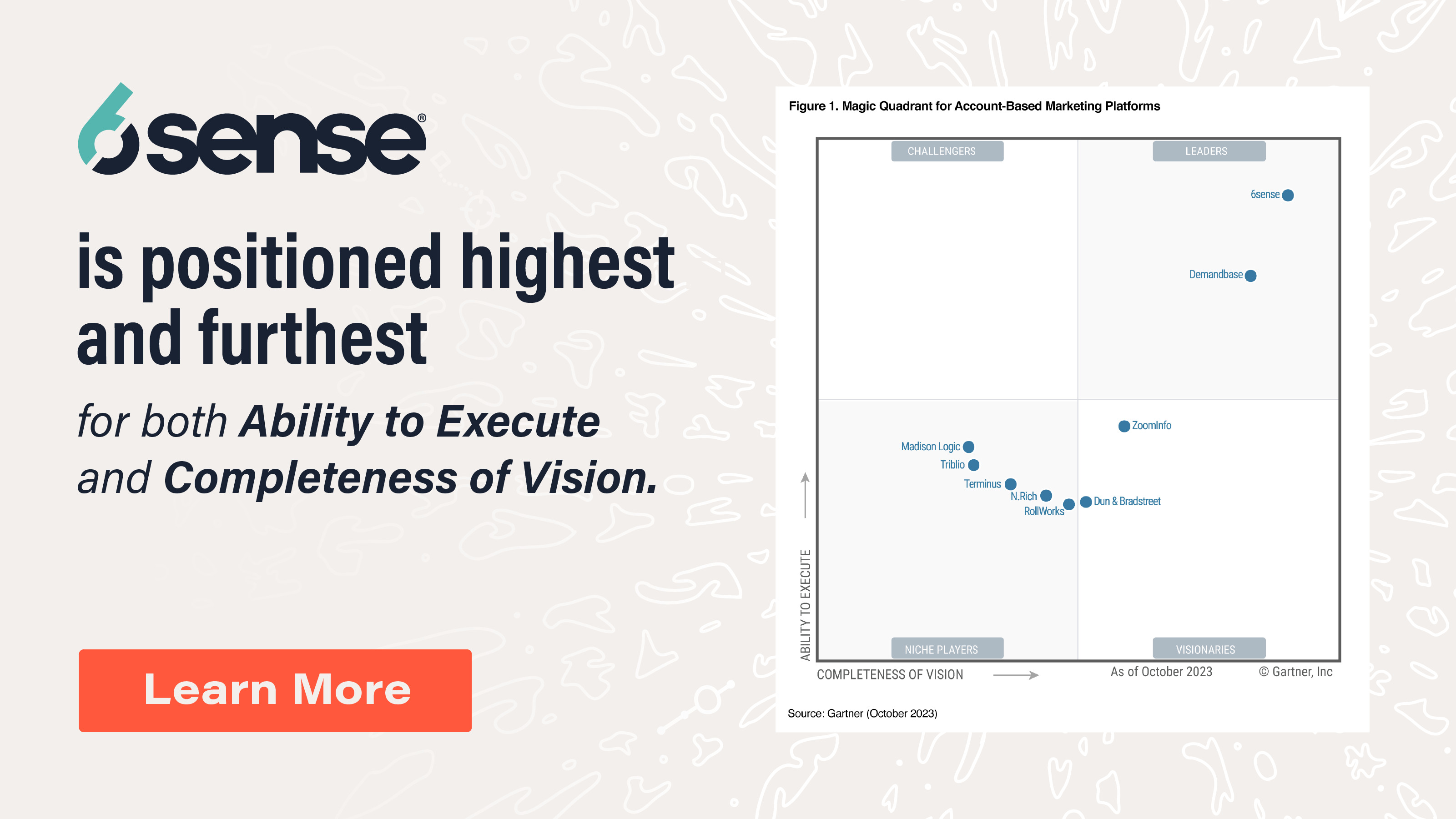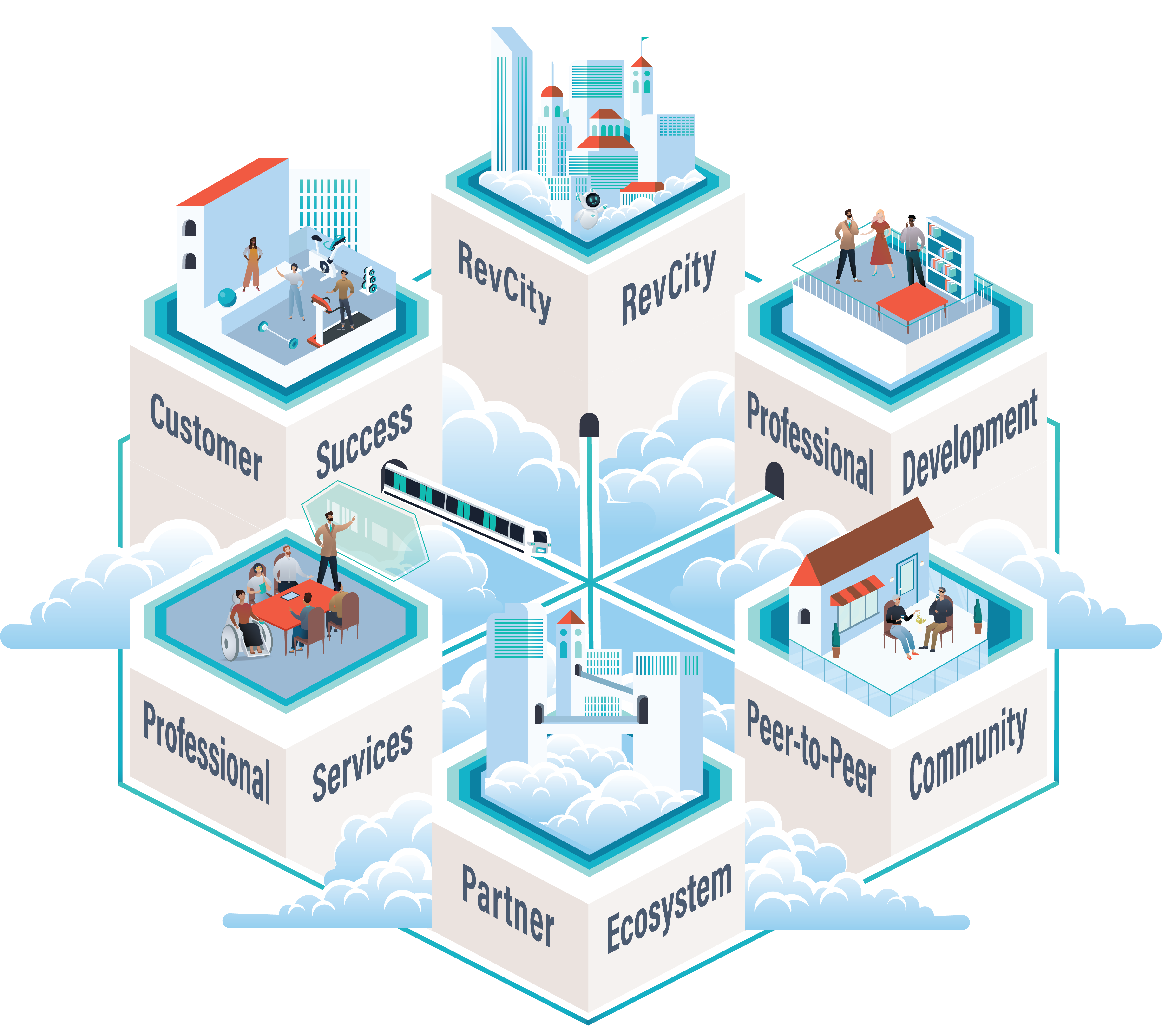Rob  Simmons has led software sales teams for 10 years, separating his team from the competition by investing in his people, leveraging a best-in-class sales tech stack, and developing scalable sales processes. Rob is currently the Vice President of Sales Development at LeanData, the top provider of go-to-market automation solutions and G2’s leader in the Lead-to-Account Matching and Routing category. Connect with Rob on LinkedIn and Twitter.
Simmons has led software sales teams for 10 years, separating his team from the competition by investing in his people, leveraging a best-in-class sales tech stack, and developing scalable sales processes. Rob is currently the Vice President of Sales Development at LeanData, the top provider of go-to-market automation solutions and G2’s leader in the Lead-to-Account Matching and Routing category. Connect with Rob on LinkedIn and Twitter.
As a sales development leader, when I do my job right, I end up with a lot of open positions on my sales development team. It’s the nature of the work.
In almost every sales organization, when business development representatives (BDRs) excel, they move onward and upward into other positions. My job is to create large amounts of pipeline for the business, but also make my team members successful so they can move on to Account Executives (AEs), Customer Success Managers (CSMs) and other positions throughout the company.
As I’m always coaching for success, it also means I’m always recruiting. Always.
When I look for ideal candidates for BDR positions, I look for a few critical individual characteristics that will serve as foundational pillars for success in the position. What I don’t look for is experience.
I find potentially great salespeople anywhere. It’s more important what they’re made of rather than what they’re currently doing.
Characteristics of a Quota-Busting BDR
I look for four traits when sourcing candidates, and on those four traits we’ll continue to train and develop until they are solid professional strengths. Those four traits are:
- Curiosity
- Character
- Coachability
- Creativity
First, intellectual curiosity should not be confused with intelligence. You don’t have to be a genius to succeed at sales. However, you do have to be smart enough and eager enough to consistently learn.
A fantastic book I suggest all sales professionals read is The Growth Mindset: A Guide to Professional and Personal Growth, by Joshua Moore and Helen Glasgow. I believe that as soon as you stop learning in sales, you’re dead. The best BDRs always ask “how” and “why,” and continually expand their toolset.
Secondly, I look for a high degree of character. BDRs excel when they’re self-motivated and hold themselves accountable to their goals. I don’t want reps to micromanage; I want professionals.
Third, I want coachability. SDRs come into an organization with lots to learn about markets, products, buyers, competition, and the selling process. My managerial team is going to be teaching a lot. Reps need to absorb it and consistently develop.
Fourth is creativity, and it’s a trait I’ve added fairly recently. Creativity goes a long way in developing a LinkedIn post or an email that spurs engagement, and engagement is at the heart of all selling activities.
In the interviewing process, I look for ways to allow an infectious personality to emerge from the candidate. Selling requires making a strong first impression, often just within the first few seconds of an interaction, and a personality that piques attention and gains engagement is a wonderful asset.
Developing BDR Superstars
My colleague at LeanData — Griffon Elrod, Sr. Manager, Sales Development — wrote a great article on developing BDRs in a blog entitled, “Coaching for SDR Success – Present & Future.” Below, I’ll summarize some of his key points.
First, it’s important that a BDR has a quick ramp time. The entire revenue team is dependent on BDRs doing their jobs effectively. However, resist any temptation to gloss over initial onboarding.
Over the mid- and long-term, there is no escaping the value of an effective onboarding process. You’ll gain multiple returns on your investment if you take your time to do it correctly. Create a standardized process around enhancing your BDRs’ success traits.
Secondly, coach them up. BDR leaders should meet with BDRs at least weekly. Look for strengths to further build upon. What one skill can you further develop to become exceptional?
A typical agenda for a BDR coaching session should center on performance metrics. Be certain to map metrics to financial results.
My team takes a data-driven approach, and works backwards from our North Star goals. Once we understand the activity levers to push and pull upon to achieve desired results, we then collaboratively manage activities to the targets.
Third, ensure your sales compensation plan is easily understood.
Let’s not fool ourselves: earnings are a great motivator for all sales reps. BDRs should know where they stand with regards to what they’re earning any month or quarter, and they should be able to determine how much more they can make if they conduct just one more call, or push through for just one more hour during the doldrums of a Friday afternoon.
The old sales saying is true: “The harder you work, the luckier you get.”
Lastly, be willing to break free of the tyranny of “the way we do things around here.” A wonderful way to level up BDR performance is to have them shadow other BDRs and, importantly, AEs. The learnings can be incredible, and the payoff comes with almost immediate boosts in performance.



